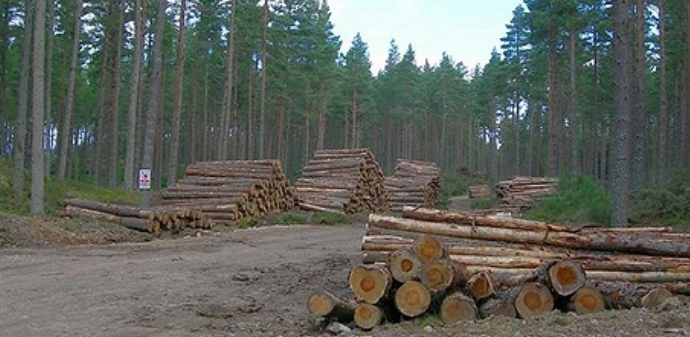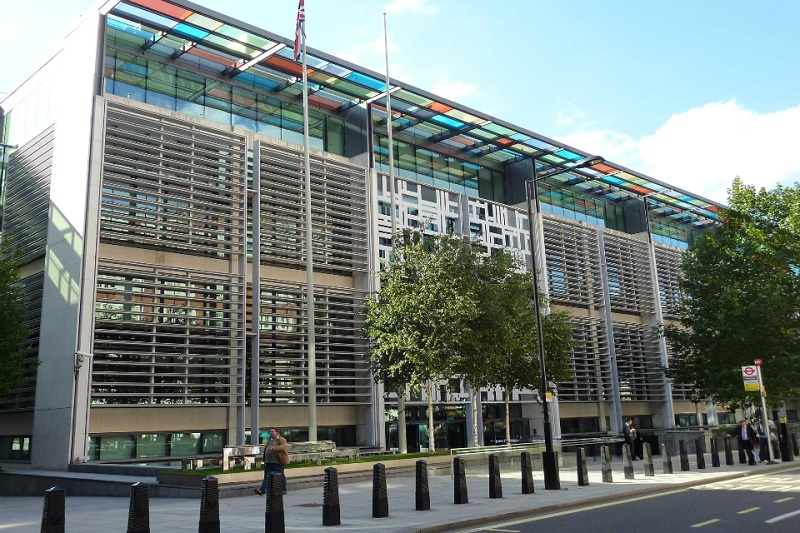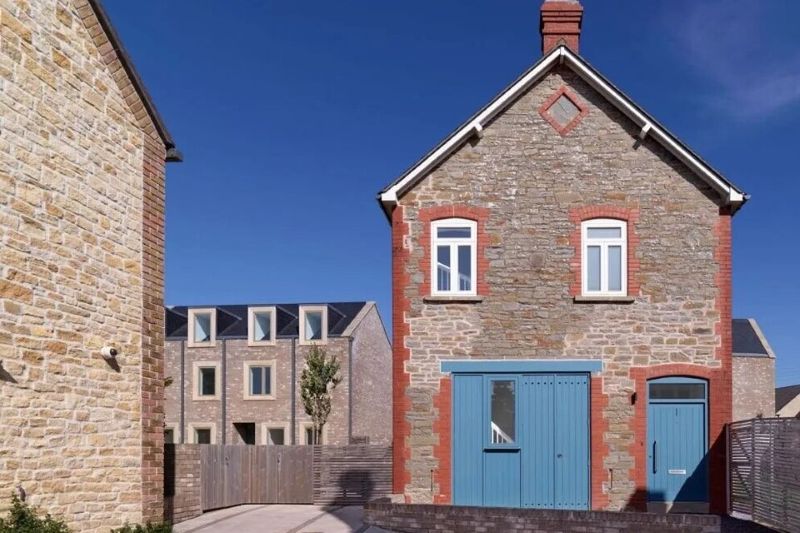With global timber demand set to quadruple by 2050, and given the commitment to promote timber use in construction as part of the UK’s Net Zero Strategy, domestic demand is also likely to increase.
However, the UK is the second highest importer of wood in the world, importing 82% of all its timber in 2020, of which almost a fifth was in the form of wood pellets.
It is estimated that around one fifth of the UK’s imported timber footprint is from countries considered to have high social and/or environmental risks associated with their forestry practices. There are also questions around the ability of domestic supplies to meet future demand.
In 2019, Global Forest Watch estimated that 10 football pitches of primary tropical forest around the world were lost per minute. The loss of tropical primary forest in 2021 resulted in carbon dioxide emissions equivalent to the annual fossil fuel emissions of India.

It is estimated that agriculture is responsible for around 90% of global deforestation, with half of the food consumed in the UK imported from overseas. Just seven ‘forest risk’ commodities - soy, cocoa, palm oil, beef and leather, paper, rubber, and timber - account for a land footprint equivalent to 88% of the UK in size every year.
It is estimated that fuelwood imports account for 32% of the UK’s total timber imports and these have doubled since 2015. Proposals for bioenergy generation in the Net Zero Strategy will likely require an increase in the supply of sustainable biomass feedstocks by 2050.
In this context, the EAC will explore how best to scale up a sustainable and resilient domestic timber sector to reduce reliance on imports, whilst also achieving its wider nature recovery and biodiversity goals through woodland creation.
This new inquiry will explore the degree to which UK supply chains contribute to deforestation overseas, the effectiveness of the Government’s efforts to curb this, and how the UK works with international partners to tackle deforestation.
Environmental Audit Committee Chairman, Rt Hon Philip Dunne MP, said: “Forests around the world are the lungs of the planet, locking in damaging carbon and breathing out oxygen. Global deforestation is threatening this: it destroys precious biodiversity and is one of the greatest threats to warding off runaway climate change. Yet here in the UK we continue to import over 80% of timber, some of which is from nations that have damaging track records of deforestation.
“We must make sure the domestic timber industry is fit for the future and can support our net zero ambitions, while better understanding the impact any imports have on the wider world. This follows up our earlier report on the UK’s footprint on global biodiversity, where we called on the Government to assess accurately the environmental impact of the UK’s consumption of key commodities.
“I invite anyone with views on global deforestation, and how UK woodland creation can contribute sustainably to meeting increasing demand in the UK timber sector, to respond to our inquiry.”
The Committee will be focusing its inquiry on three areas and would welcome submissions that address any or all of the following questions by midday on Thursday 8 September:
Growing the UK timber industry
- Does the UK Government have an adequate understanding of the future demand for timber, including what tree species should be grown
- Does the UK government, working with the devolved administrations, have an effective, joined-up plan with appropriate incentives to increase the production and use of sustainable, domestically grown timber in the UK to reduce its reliance on imports?
- Are there sustainable sources of biomass for UK energy generation either from imported or domestically grown wood for pellet or woodchip? And how can future demand be met from sustainable sources?
- How well is the UK Government managing its plans for the domestic timber industry in tandem with meeting its woodland creation targets and related climate change, biodiversity and other environmental goals?
- How effectively is the UK strengthening the resilience of its tree stock to ensure it is resilient to the future impacts of climate change, as well as to pests and diseases?
The effectiveness of UK efforts to reduce global deforestation
- In what ways and to what extent are UK value chains (in the form of public procurement, goods, services, or the private sector) contributing to global deforestation?
- How effectively is the Government monitoring the UK’s contribution to global deforestation and its progress in tackling the issue? And what progress has been made by Government to develop an indicator on overseas environmental impacts of UK consumption of key commodities?
- How effective are the measures to improve due diligence and ban imported products of illegal deforestation in the Environment Act 2021? Do these measures target the right sectors? Given that they do not extend to all products of deforestation, are they adequate?
- To what extent have the Global Resource Initiative (GRI) Taskforce’s recommendations on deforestation and land conversion been met by the Government?
- What role can sustainable certification and Government Buying Standards (GBS), have in tackling deforestation? How can the UK Government support the private sector to reduce its contribution to furthering deforestation?
Working with international partners to tackle deforestation
- How effectively is the UK engaging with international partners to tackle deforestation? Is the Glasgow Leaders Declaration on Forests and Land Use an effective mechanism for halting and reversing forest loss? How can the UK ensure its £1.5bn commitment to the Global Forest Finance Pledge is used to best effect?
- What impact will the UK’s measures to tackle deforestation have on producer countries, indigenous peoples and local communities?




















